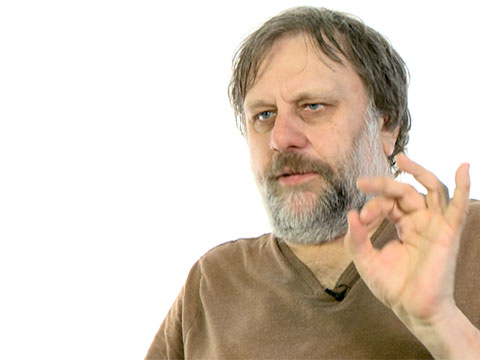 Have you heard the latest in the “is yoga really religious?” debates?
Have you heard the latest in the “is yoga really religious?” debates?
One of the things that’s interesting about this whole debate is the way some scholars respond to it, i.e., they see such attempts to pin yoga down (as being either this or that, once and for all) as, well, kind’a silly. But this response to the issue is more conservative than it at first appears, for it seems to presume that this thing called “yoga” pre-exists and thus somehow defies, even transcends, our classification systems, making the court’s efforts bound to fail.
But we do this every day, no?, pinning things down, delimiting, identifying, so as to work with them and each other? As a prof I’m correcting grammar, judging what is or is not correct, of the innumerable ways of writing a sentence. And courts — whose judgments are more consequential that me and my grading — make boundary calls all the time, so I’m not sure why looking at yoga is any different; for, like it or not, they extend and apply the authority of the nation-state by classing all objects and behaviors within the limits of the its borders: is it permissible or illegal, is it domestic of foreign….
In fact, those who critique such legal maneuvers seem to assume that identity (say, religiosity or maybe Hinduness) somehow pre-exists behavior and institution, inasmuch as they seem to find it somewhat laughable to think that doing some action makes you a this or a that. But it makes perfect sense to entertain that practicing yoga (among other things, of course) makes one a Hindu if we complicate how we think about identity, for is not this thing we call identity the sum total of a series of specific practices? Does not saying the Pledge of Allegiance repeatedly, while standing in a certain way, in a certain setting, over the course of many years — along with a host of other, coordinated, actions — make one into an American, and doing so in such a successful manner that one becomes convinced that the identity it produces pre-dated the behaviors that produced it?
 The alternative model of identification that I have in mind, one that could see such debates over yoga as far more interesting than they might at first appear, is found in a quotation that I’ve cited before, from Slavoj Žižek:
The alternative model of identification that I have in mind, one that could see such debates over yoga as far more interesting than they might at first appear, is found in a quotation that I’ve cited before, from Slavoj Žižek:
So, like it or not, it makes perfect sense why, sooner or later, a nation-state’s courts would get into this act and why some people would see practicing yoga as either important to who they see themselves to be or threatening to it.
Seeing such reactions as laughable strikes me as evidence of an approach to identity that’s not nearly nuanced enough.
For if you are what you eat then you are most certainly also what you do.

This argument is new to me. I had not heard of the debate of making the action of yoga into a doctrinally practice of Hinduism. My favorite line of this argument is with out a doubt the last, “For if you are what you eat then you are most certainly also what you do.” I think this frames up this argument so perfectly because this is a phrase that we have come to use so commonly and yet we would not typically also apply it to our actions. I agree that this new idea of yoga as a spiritual practice does make sense. We become so used to placing things into our own “mental categories” and live in a nation where we do not like anomalies; we want everything to fit in nice little lines with words that describe each thing. In this case though yoga has been around for centuries as an action so where do we place it in our heads? It is not out of the question to place it as being spiritual.
I have done yoga before and I saw it as a way of meditating and clearing my head but yet is that not what I am trying to achieve in praying? I also listen to the Lord in prayer but at the same time as I do yoga I do the same. It is my time to spend in quiet with the Lord so for me if it something spiritual. It is interesting though that this would be placed in just the Hindu “category” for I see it as being an overall spiritual experience. That statement does leave you with the question though of can we categorize it as being a religion in itself? It is just an interesting thought. This debate of what is religion has been a well-debated theme in our class this semester and it is interesting to see it in this way.